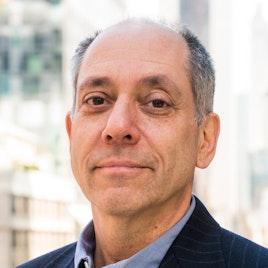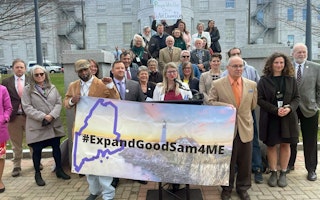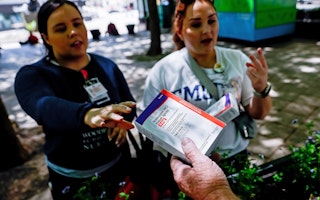UN on Drug Detention: Ineffective. Illegal. Close it Down.
By Daniel Wolfe
Amidst a blizzard of overly processed and careful-to-a-fault UN statements, it is a welcome development when 12 UN agencies can come together and issue a forthright judgment on right vs. wrong. For those of us working on health and human rights issues, a recent joint UN statement calling for the immediate closure of the hundreds of centers in which drug users are detained in the name of treatment came not a moment too soon. The message, endorsed by agencies such as UNAIDS, the UN Office on Drugs and Crime, and the International Labor Organization, is unequivocal. Locking people up and abusing them in the name of drug rehabilitation is ineffective. It violates human rights. And countries shouldn’t do it.
This call for closure of drug detention camps comes after years of horrifying reports of abuses in these facilities. In China, authorities estimate that there are 216,000 drug users detained in these camps—a reduced number from past years, but still far too many. Upon testing positive for drug use, these men and women are detained for up to five years and forced to work without pay as part of their “treatment.” In Vietnam, a recent estimate placed the number of detainees in forced labor camps at 35,000. Cambodia and Laos also use compulsory drug detention, without medical assessment or right of appeal for those locked up. Children are locked up too.
People who use drugs in such facilities have been beaten, starved, forced to work in the service of private companies, systematically humiliated, and brutally punished when they tried to escape. Nonetheless, governments continue to describe these detention camps as treatment and rehabilitation centers, and aid agencies have been hesitant to directly challenge this characterization. In some cases, donors have even worked to “build capacity” of center staff in drug treatment methods, as if staff who beat and torture detainees in the morning could be effective counselors in the afternoon. UN representatives have privately condemned these abuses, but in the past felt no ability to publicly confront governments on these practices. “We all know these places are concentration camps,” one UN official confided during our coffee together. “But really, what do you expect us to do?”
The joint UN statement offers an answer—one that should be heeded and replicated by donors like the U.S. and Australia who also fund HIV and drug-dependence programs in countries where such centers operate. Declaring that the centers have no place in civilized society and should be closed is a good start.
Next, of course, is the hardest part—work by the UN, international donors, non-governmental organizations, and governments themselves to move to voluntary, community-based treatment for those who need it, thus changing the UN recommendation to a reality.

Until December 2021, Daniel Wolfe was director of the International Harm Reduction Development Program at the Open Society Foundations.


